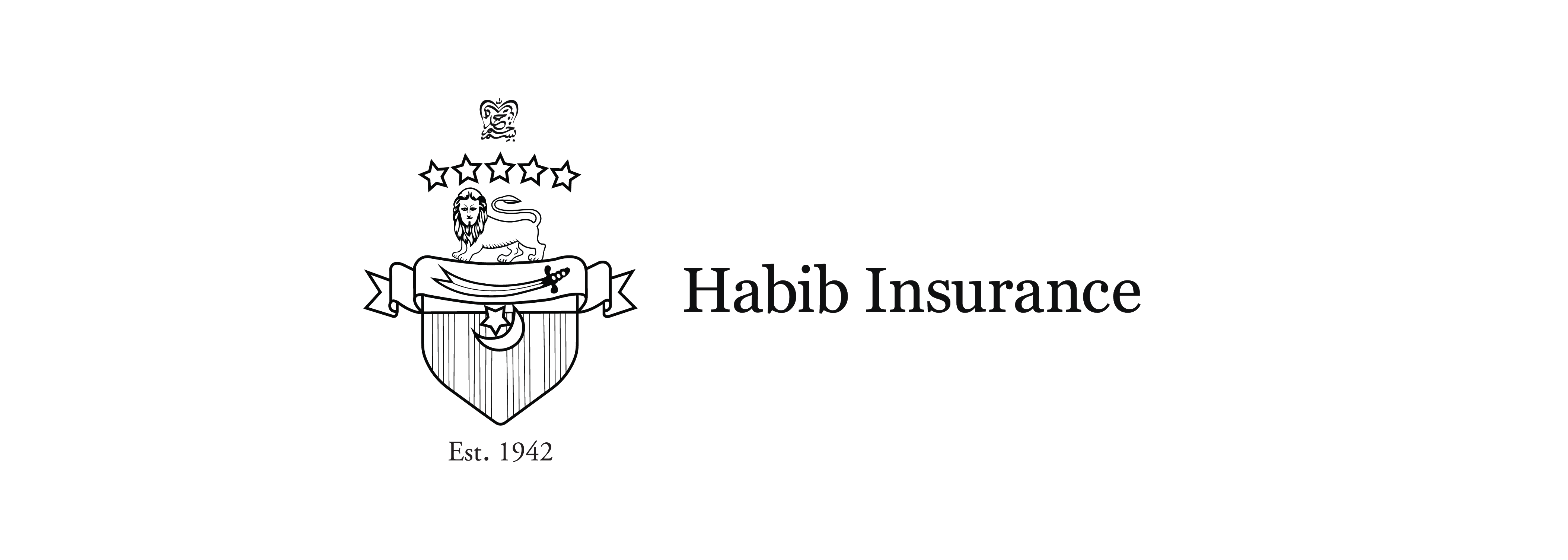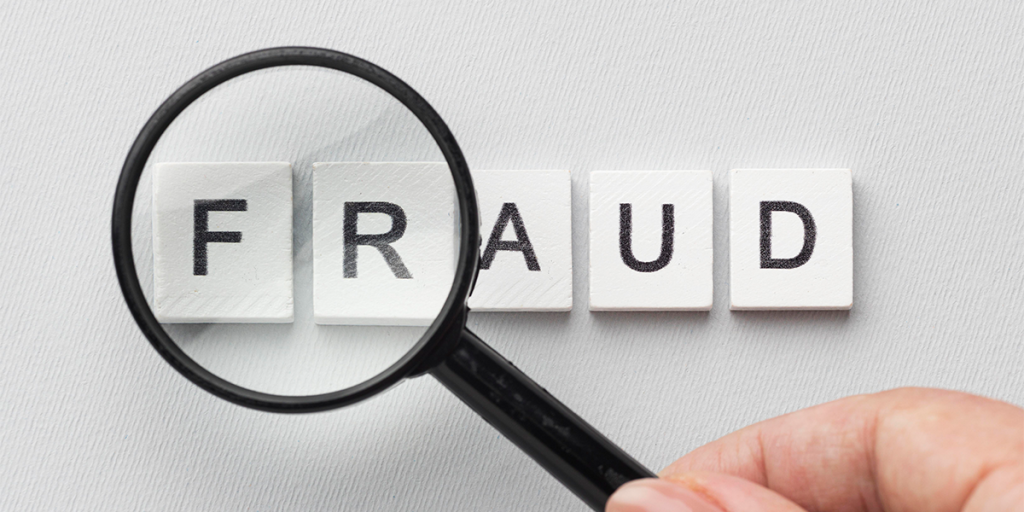Understanding risk management in insurance is essential for anyone who wants to protect their vehicle, home, or business. Whether you’re an individual looking for car insurance or a company purchasing marine insurance, effective risk management helps minimize financial losses and ensures better decision-making.
In this beginner-friendly guide, we’ll explain what risk management means, how it applies in the insurance industry, and why companies like Habib Insurance make risk management easier for everyone.
What is Risk Management in Insurance?
Risk management in insurance refers to identifying, assessing, and reducing potential financial risks that may arise from unexpected events such as accidents, illnesses, fires, or natural disasters. Insurance companies use risk management strategies to:
- Determine the right coverage for clients
- Set accurate premium rates
- Avoid large losses by spreading and managing risk
For individuals and businesses, understanding risk management helps in choosing the right insurance policy and ensures you’re financially protected when something goes wrong.
The Risk Management Process
Here are the main steps involved in risk management in insurance:
1. Risk Identification
This is the first and most important step. It involves recognizing potential risks. For example:
- A driver faces the risk of accidents or theft (covered by auto insurance)
- A homeowner might worry about fire damage (covered by fire insurance)
- A company may need protection during product shipments (covered by marine insurance)
2. Risk Assessment
After identifying risks, the next step is analyzing the impact. How likely is it that the risk will happen? How much would it cost? Insurance companies like Habib Insurance to calculate risk levels.
3. Risk Control
Risk control includes actions to reduce or prevent risks. For example:
- Installing smoke detectors lowers fire risks (helping in home insurance)
- Car tracking systems can reduce theft risks (used in car insurance Pakistan)
4. Risk Financing
This is where insurance comes in. It involves transferring the risk to an insurance company through an insurance policy. By paying a premium, you ensure the company will bear the financial burden if the risk occurs.
5. Monitoring and Review
Risks evolve over time. Insurers and customers must regularly review their policies and coverage.
Why Risk Management is Important in Insurance
Minimizes Financial Loss
By identifying and preparing for risks, you reduce the chances of facing heavy financial burdens. For example, vehicle insurance companies in Pakistan help drivers avoid out-of-pocket repair costs after accidents.
Improves Decision-Making
When you understand your risks, you make smarter decisions about the type and level of insurance coverage you need.
Ensures Business Continuity
For businesses, having the right coverage through takaful insurance ensures you stay afloat even after a fire, accident, or loss.
Real-Life Examples of Risk Management
Car Insurance
Devices in vehicles allow motor insurance companies in Pakistan to track driving behavior. Safe drivers may receive discounts, which is a reward for lower risk.
Travel Insurance
Risk analysis helps insurers design suitable travel insurance Pakistan policies. For example, travel insurance for Schengen visa in Pakistan considers factors like destination safety and trip duration.
Takaful Insurance: Ethical Risk Management
Takaful in Islam is a cooperative form of insurance in Pakistan that aligns with Islamic principles. Here, participants share risks collectively. It’s a popular option for people seeking ethical, transparent coverage.
Companies offering takaful insurance—including Habib Insurance—are helping shape responsible risk management in insurance using Sharia-compliant methods.
Tips for Choosing a Risk-Managed Insurance Policy
- Assess Your Risks: Think about your lifestyle, assets, and income.
- Understand the Coverage: Don’t just focus on price—check what’s included in the insurance policy.
- Consider Takaful Options: If you prefer Islamic insurance, takaful is a great risk-sharing solution.
Why Choose Habib Insurance?
Habib Insurance Company Limited is a trusted name among the best insurance companies in Pakistan. Here’s why they’re a leader in risk-managed solutions:
- Wide range of services: Car insurance, property insurance, marine insurance, and more
- Ethical options like takaful insurance
- Quick claim process and strong customer support
Conclusion
Risk management in insurance is all about protecting what matters most, by identifying and preparing for potential losses. Whether you’re choosing auto insurance, property insurance, or travel insurance Pakistan, a good understanding of risk management ensures you’re covered when it counts.
With companies like Habib Insurance, managing your insurance has never been easier. So, take control of your future today—choose smart, risk-managed coverage with a reliable insurance agency you can trust.











